Two men were hanged in Iran over anti-government protests 1:04
(CNN) --
The Islamic Republic of Iran has long ranked among the world's top executioners.
But with recent death sentences handed down to protesters, critics say the regime has taken capital punishment to another level.
Last weekend, Iran executed two more protesters accused of attacking security personnel, sparking an international outcry.
Critics said the executions were the result of hasty and false trials.
The regime executed 314 people in 2021, up 20% from the previous year, the human rights organization Amnesty International said in a May 2022 report. Many of those executions involved drug-related offences.
Iran executes 2 other protesters and sentences 3 to death 3:29
This year, several protesters have become entangled in the Iranian judicial system, with many facing a particularly unfair judicial process, according to activists.
Human rights groups have warned that there is a real risk that many of them will become another number on the growing list of those executed by the Islamic Republic.
At least 43 people are currently facing execution in Iran, according to a CNN tally.
Activist group 1500Tasvir, however, says the number could be as high as 100.
advertising
"Defendants are systematically deprived of access to lawyers of their choosing during the trial, subjected to forced confessions or torture, and then taken to the gallows," Tara Sepehri Far, a researcher on the situation, told CNN. in Iran from Human Rights Watch.
United Nations human rights chief Volker Türk on Tuesday accused Iran of "weaponizing" criminal proceedings, saying they amount to "state-sanctioned killings."
With this year's wave of protests, critics say, authorities are using charges carrying the death penalty more loosely than before, broadening the application of such laws to try protesters.
OPINION |
Iran's most powerful weapon doesn't work
According to Iranian state media, dozens of government agents, from security officials to officers of the
Basij
paramilitary force , were killed in the protests.
Activist groups HRANA and Iran Human Rights say for their part that 481 protesters were killed.
Security personnel have also suffered casualties in previous protests, Sepehri Far said, "but it is crucial to note that in this (period) the Iranian authorities are using the death penalty well beyond (the) intentional killing of security officers." .
The regime appears to have profited from executions, using them to discourage people from speaking out and demonstrating in the streets, as seen after the death of 22-year-old Mahsa Jina Amini in morality police custody.
“Trials and executions are one more piece of the repressive machinery that serves to demonstrate power and control and sow fear, as well as publicize the government's narrative about protesters,” Sepehri Far explained.
Iran relied on Islamic or 'Sharia' law to prosecute the protesters for crimes that carry the death penalty, namely "waging war against God" or "moharebeh" and "corruption on earth", according to the Office of UN Human Rights.
The process was also criticized within the country.
Protests in Iran lasted for several months after the death of Mahsa Amini.
(Credit: ATTA KENARE/AFP via Getty Images)
Mohsen Borhani, a professor at the University of Tehran and an expert on Islamic jurisprudence, has also questioned the use of such religiously-based charges against protesters.
In a televised debate last month, he argued that the executed protesters were accused of waging war against God when their role in the protests did not really warrant such a charge.
The brandishing of weapons by protesters, he said, was intended to intimidate, not injure, security personnel.
"This is fundamentally outside the scope of 'moharebeh' because the person's opposition is to the government, not to civilians."
Sepehri Far said Mohsen Shekari, one of the first protesters to be executed, was accused of wounding an officer.
"Others have received the death penalty for extremely vague charges, such as destruction and burning of public property or use of a weapon to sow terror," he said.
Activists say the Iranian authorities developed sophisticated methods to spread disinformation about how, why and when the executions will take place.
For example, civil rights activist Atena Daemi said in a tweet that several Iranian media outlets had reported that the activists sentenced to death had been released, a story that was disputed by the families of the prisoners.
Activists say condemning the protests is not enough.
The European Union has taken note and, as it continues to discuss imposing a fourth round of sanctions on Iran, some of the bloc's members support attempts to classify the Islamic Revolutionary Guards (IRGC) as a terrorist organization.
executions

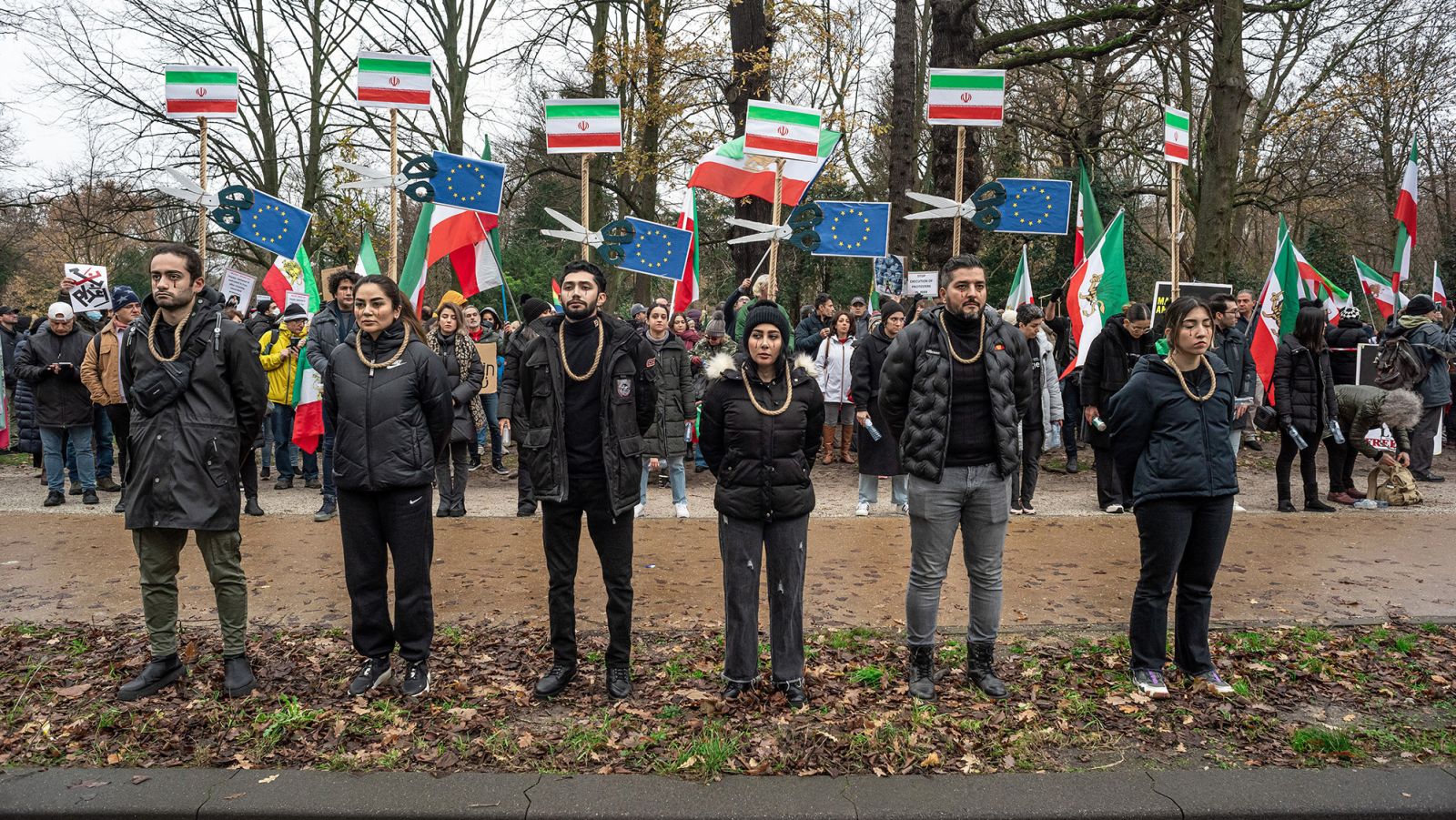

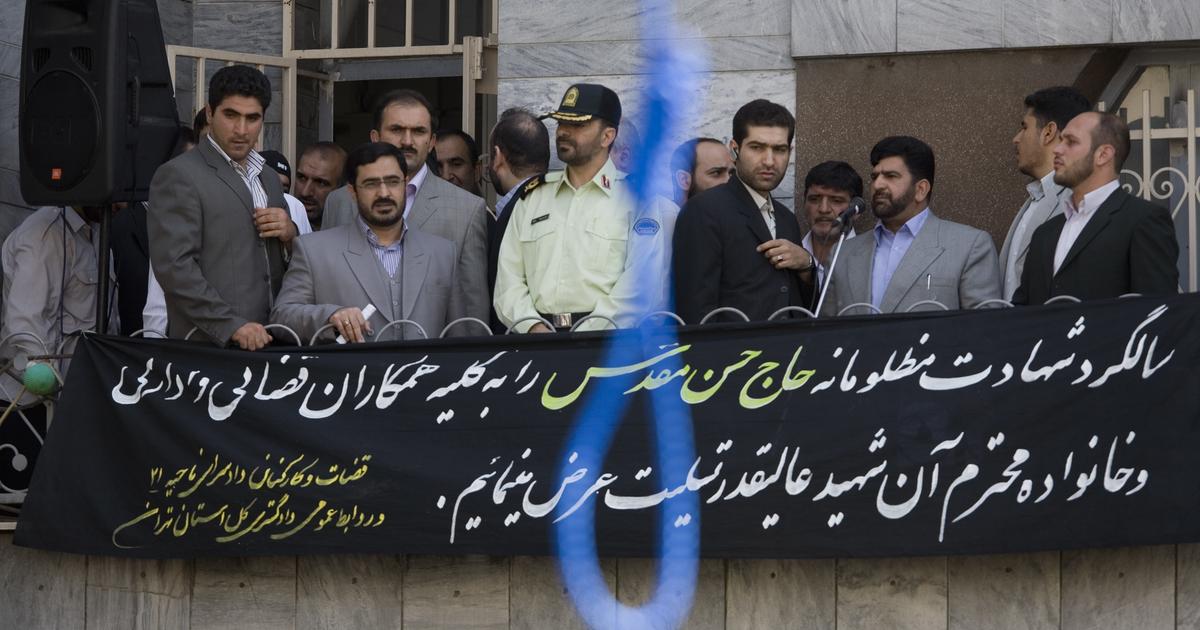


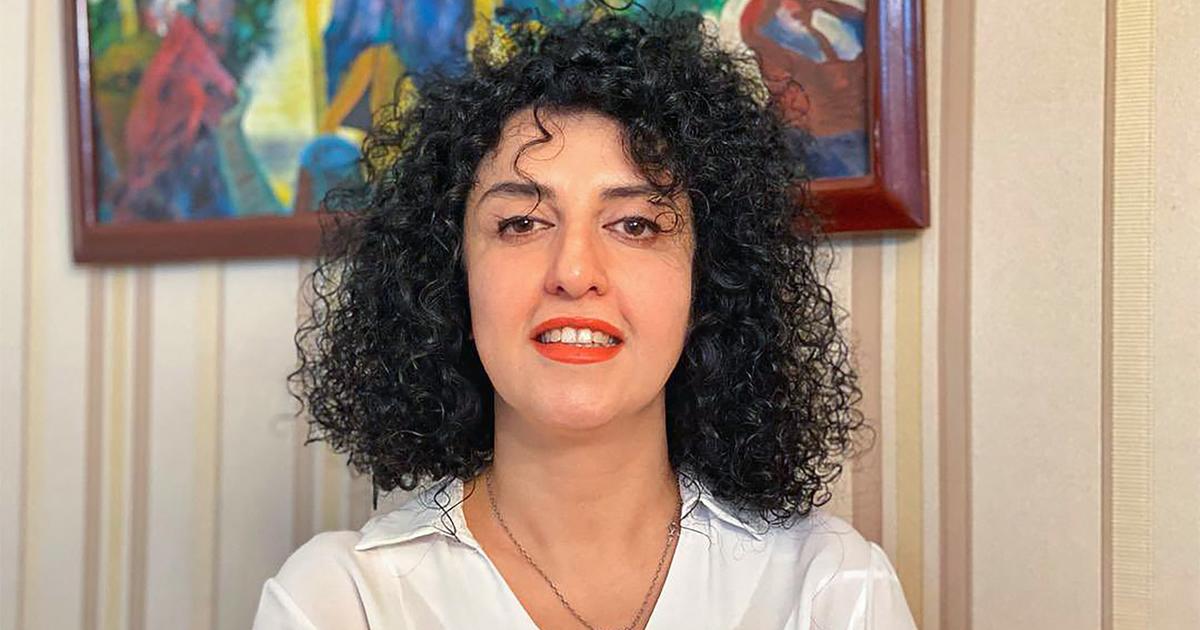

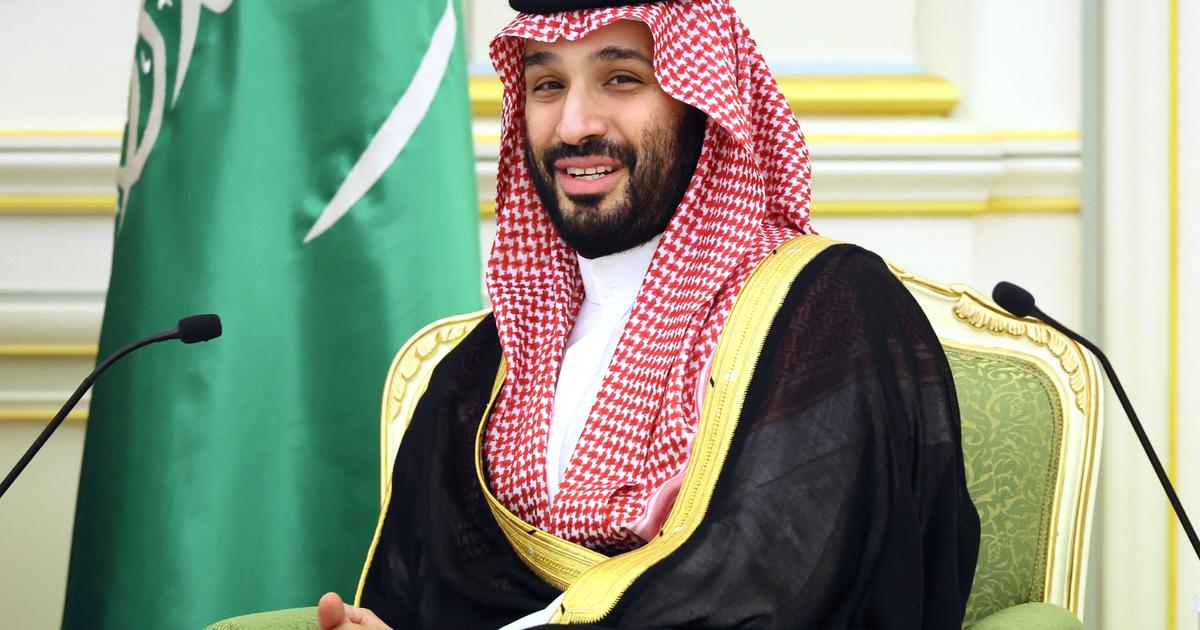
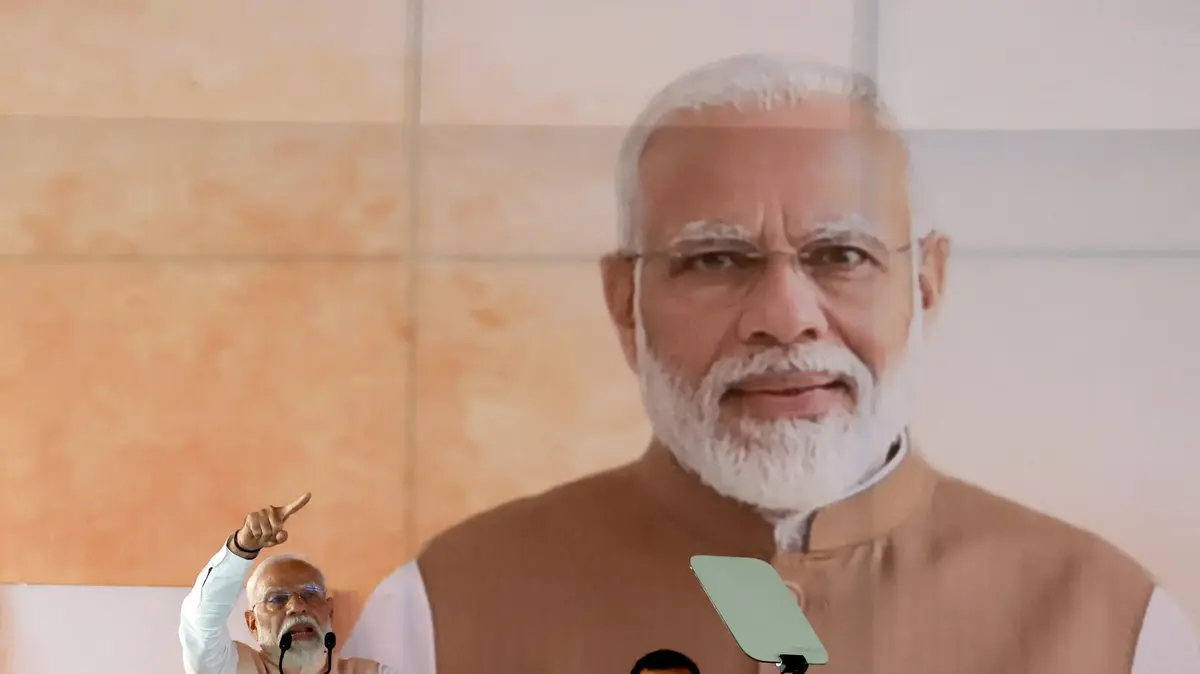


/cloudfront-eu-central-1.images.arcpublishing.com/prisa/KMEYMJKESBAZBE4MRBAM4TGHIQ.jpg)


